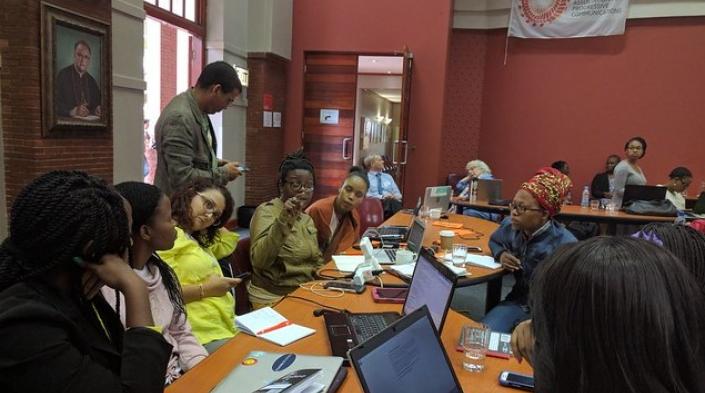
By Koliwe Majama
Published onPage last updated on
The African School on Internet Governance (AfriSIG) aims to develop the leadership skills of Africans from diverse sectors and backgrounds to enable them to effectively participate in local, regional and international internet governance structures. This is not only important for shaping the continent’s internet landscape, but also ensures that the African region is adequately represented at global level.
When it comes to internet governance, the annual UN-mandated Internet Governance Forum (IGF) is undoubtedly the most prominent global space. Initiated in 2006, it is defined as a multistakeholder forum for policy dialogue on issues of internet governance that brings together all stakeholders − governments, the private sector and civil society, including the technical and academic community − on an equal basis and through an open and inclusive process. The IGF Multistakeholder Advisory Group (MAG) comprises members from these various sectors, who participate in global consultation processes, representing the perspective of their respective stakeholder groups, and are also instrumental in the planning of the annual global IGF.
Following the closure of nominations of members to serve in the 2020 IGF MAG on 30 June 2019, we are profiling four AfriSIG alumni who are members of the current IGF MAG. They have made a name for themselves in various sectors, ranging from technology, digital rights and gender equality to research and law enforcement, and have experienced immense growth in their professional careers while also making a significant impact at various levels in society because of the skills and knowledge they gained from the School.
Read more about the four AfriSIG alumni in the outgoing IGF MAG on the AfriSIG website.


